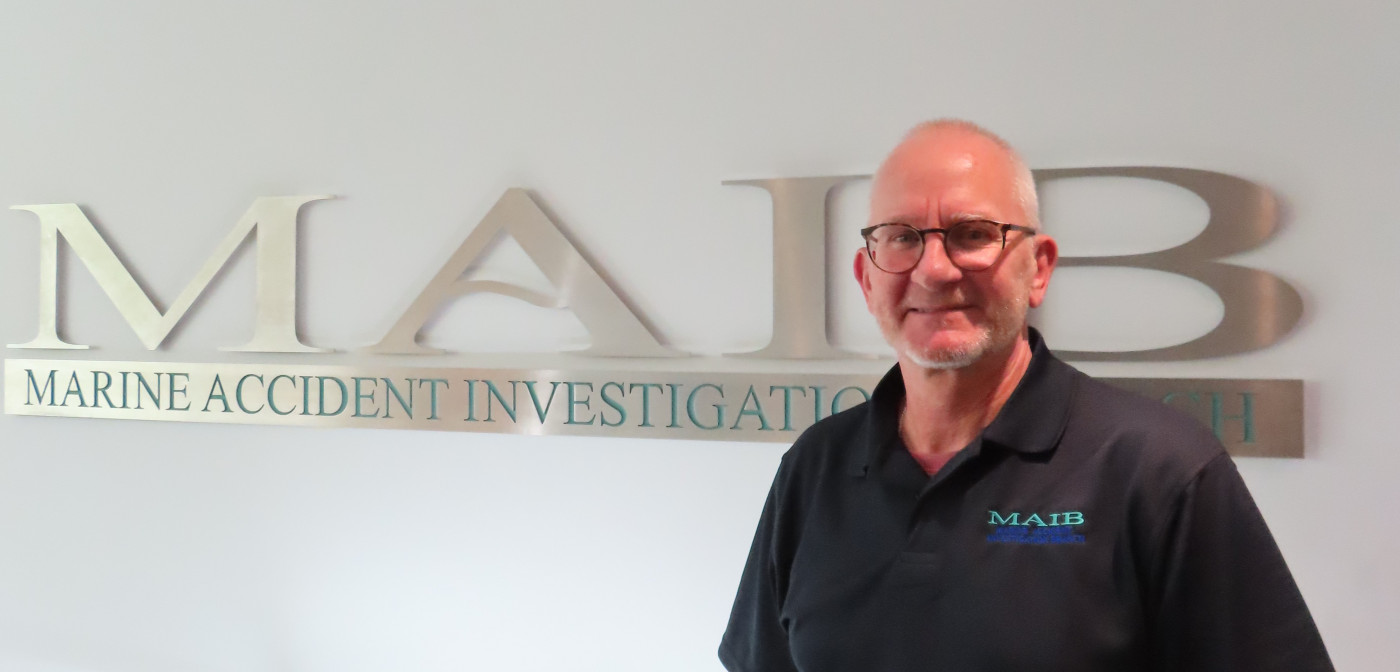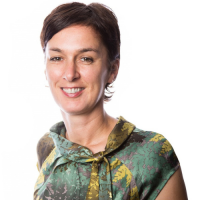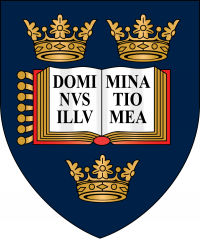The Marine Accident Investigation Board is a government body (part of the Department of Transport) tasked with investigating accidents on any seagoing vessel in UK waters or flying a UK flag. The branch’s investigations run parallel to the police, but they are not required to share their findings with police. The MAIB has a reputation for independence and robustness around the world, and its recommendations often become regulations. With analysis and investigation comes education and improvement: the MAIB is crucial to better safety at sea.
Simon Graves, 59, went to sea at 16 to work on tankers. He came ashore in 2002 and worked for the Marine and Coastguard Agency, becoming an assistant director before moving one floor down to join the MAIB as an inspector three years ago. MAIB has 11 full-time inspectors and is based in Southampton.

It was always a role I'd been interested in. But I'm not sure I truly prepared myself for the job. We see the blunt end of safety in shipping. We see the results of failures in safety which can be quite sad. We deal with people who are either on board a ship where there's been an accident, and they see the immediacy of it, or probably the saddest part is we deal with the families of people who've been lost. That gives you the impetus to try and improve safety. One of the things with the group of people I work with is, nobody goes to work just to earn the money and pay their mortgage. Everybody's engaged in trying to improve safety in some way. It's a nice environment to work in. Well, it’s not a nice environment to work in because we deal with injury and death a lot of the time. But it's a lovely place to work because you see the results of some of the things you do, where you can see that positive step forward to stopping similar accidents happening again.
Our resources are quite thin. so we have to be quite particular about what we do investigate. It goes through a process of triage and then a decision will be made as to whether we will inspect. So if they are what we call a very serious marine casualty, then the regulations oblige us to do an investigation. We also do investigations on behalf of the Red Ensign group. It all keeps us very busy, busier than we would like. I’ve got three investigations ongoing at the moment, one fall from height where a seafarer died, one where a fisherman was struck by fishing gear and died, and a fire on a ship.
80-20 human. All the best evidence we get from an accident is from people. One of the requirements to be a good inspector is the ability to go out and just talk to people. We all join as fairly high level professionals in the industry, then we go to Cranfield University for a postgraduate certificate in accident investigation. Then there is the internal accreditation which is very rigorous. The training is very good. Some of the interviews can be quite tough because again, you are dealing with people who, have lost one of their crew mates most of the time. I had one very sad case, where the skipper of the fishing boat died, and he was out with his family members. So not only were we dealing with witnesses to the accident, but they were also his family. And those are quite difficult interviews to undertake, but the information they had was invaluable in putting together the story.
We deploy in at least two, one is the lead inspector and then the other one takes notes and recordings and contributes. We get to the scene as soon as possible. One fishing vessel came into Shoreham at 7am and we were there to meet it. Then there was a case in Singapore where four people died and we were probably a week to ten days behind the accident. But the ability to actually get on board and talk to the people face to face and walk through the scenarios of what happened, you know, it, it reaps benefits when it comes to the investigation.
First, we establish who we are. It’s quite amazing the number of people who we talk to who think that we are part of the regulator, who think we're part of the MCA. I suppose having our office in the same building doesn't help, but it's one of the first things we do is try to put people at ease, to say, look, we are not the regulator, and we don't do blame or liability. We don't point the finger. If we can get that message across, they feel much more able to talk to us. Because the key thing is, they were on a boat, their crew mate’s been killed or injured and we come in to talk to them about it. You always try and signpost where you are going with a conversation. So you can't go in and say, yeah, can you tell me how your best mate lost his leg? That’s not a good way. It's, “tell me the story of what happened on the day from when you got up in the morning.” But they know that they're going to have to address the accident itself. So they're not surprised when it does arise. But you start off gently easing them into that conversation.
The key message we try and get to them is look, this has happened and we can't change that. But what we can change is what's going to happen in the future. On that fishing vessel, the family members were brilliant in that they gave us information that didn't paint their family member in the best of light in some of the things that he had been doing. But they said, it's important that people learn from this. Wearing a lifejacket is a prime example. I was involved in another interview where a chap had gone over the side and died. And one of the remaining crewmen who survived, he was only a young guy. And we said to him, if there's one thing that's come out of this that you've learned, what is it? And he says, I will always wear my lifejacket.
I think the trend is definitely upwards. I've been involved in the industry for 40 years now. And there's been a change in that 40 years. I would love to have seen the gradient be higher. But I think we are faced with an industry that has historically been slow to change and it is very difficult to change people's attitudes. But the young guys as they come through, if they take that culture of using their safety gear and using their PFDs , then we should see an increase in PFD-wearing and fewer people losing their lives through falling over the side.
There’s no typical day. If it’s a duty week, you are triaging accident reports. Then we’ll talk to ship operators, ports, pilots, crew. The best thing is if we can get CCTV images; that’s really useful. If we decide to deploy, then we’re out the door in the branch van, which is all kitted out. It has safety gear, lifejackets, evidence collection gear that is similar to what the police use: evidence bags, sample jars, all of that. We work in parallel to the police but our investigations don't cross because they deal with blame and liability. And we don't. When we interview somebody, the interview itself is protected. So we cannot tell the police what happened in the interview. Also we can't tell people the details of anybody we've interviewed. So they may see us walking in and out of a room, but if they say, have you just interviewed him? We can't tell them, we're not allowed to. It has to be like that so that people can talk to us. The break off point is if it’s a deliberate act. Then it’s not an accident and we walk away from it.
It recruits from the maritime industry, which is not the most diverse. We currently have one female principal and one female inspector. I don’t think gender makes a difference . Maybe when it’s an old Russian chief officer on a little bunker where diversity is not as accepted as it is in the west. But in general MAIB recruits can stand their ground.
You’d have to stop me talking! I could talk for hours. I've been in the industry for over 40 years now and I've sort of come out of the seafaring side and I found myself in a position where I can look after seafarers and it's a privilege to do so.



